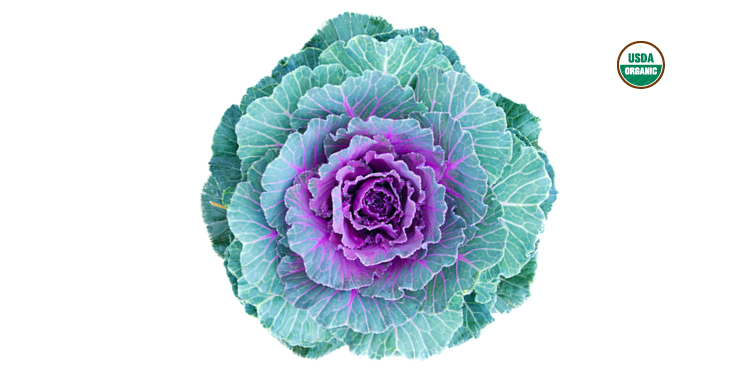


Sign-up for {N}power to get exclusive discounts, newsletters, members-only features, and more!
 Denver - Design District - Alameda and Broadway
Denver - Design District - Alameda and Broadway
368 S Broadway
Denver, CO 80209
United States
 Preferred Store:
Select a Store
Preferred Store:
Select a Store


As the winds of March blow, heralding spring, bringing with them that yearning for the first day for a hike or taking a long drive in the countryside, which is a fabulous reminder of why to buy organic. When you choose organic you’re shouting out in protest against the damage pesticides can cause to people and the environment. In May of 2017, California farmworkers—who were coincidentally picking conventionally grown cabbage—suffered flu-like symptoms because of pesticide drift from a half-mile away. One of the toxins in play was chlorpyrifos, a substance scheduled to be banned by the EPA because, as reported by Pesticide Action Network, it was “found to be unsafe for use in any amount.” Unfortunately, the ban was overturned. Buying organic supports your local farmer… and it supports the stream that runs beside your hiking trail and the fresh air you breathe when strolling down meandering country roads.
Cabbage contains compounds called isothiocyanates (ITCs) that help your liver stay in fun ready mode by supporting the etoxification process. ITCs activate essential enzymes like glutathione S-transferase, which can block carcinogens and other toxins from reaching your tissues. Cutting and chewing your cabbage gets the game started because a plant enzyme called myrosinase is needed to release those ITCs to do their good work, but the two can’t meet if the veggie is intact. Thing is, myrosinase doesn’t do well with heat, so cabbage is nutritionally best when it’s raw, fermented, or lightly steamed. It’s also packed with vitamin C, is the densest vegetable source of the gut-friendly amino acid L-glutamine, and red cabbage is chock-full of antioxidants thanks to the anthocyanins that give it color. Sounds to us like it’s time to let those breezes blow away the winter blues and pick up some cabbage for good times and good health!
These springtime feels have us all yearning for the first warm day for a hike or taking a long drive in the countryside, which is a fabulous reminder of why to buy organic. When you choose organic you’re shouting out in protest against the damage pesticides can cause to people and the environment. In May of 2017, California farmworkers—who were coincidentally picking cabbage—suffered flu-like symptoms because of pesticide drift from a half mile away. One of the toxins in play was chlorpyrifos, a substance scheduled to be banned by the EPA because, as reported by Pesticide Action Network, it was “found to be unsafe for use in any amount.” Unfortunately, the ban was overturned. Buying organic supports your local farmer… and it supports the stream that runs beside your hiking trail and the fresh air you breathe on meandering country roads.
Cabbage has been partying with the best of us for centuries now. Rumor has it that the ancient Egyptians ate up before a night of drinking because they thought it helped prevent hangovers. We don’t know if Babe Ruth cared about hangover cures, but he did find a use for cabbage—he would put a wet cabbage leaf under his hat during baseball games to keep cool, switching it out for a fresh one every couple of innings. Perhaps the simplicity of cabbage is its best feature though, as an old Irish proverb about worrying says: “There’s no use boiling your cabbage twice.” We agree!



Sign-up for {N}power to get exclusive discounts, newsletters, members-only features, and more!
